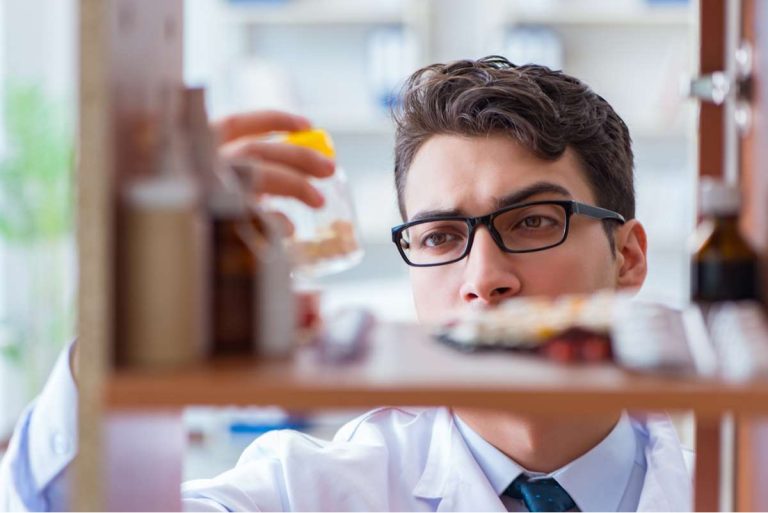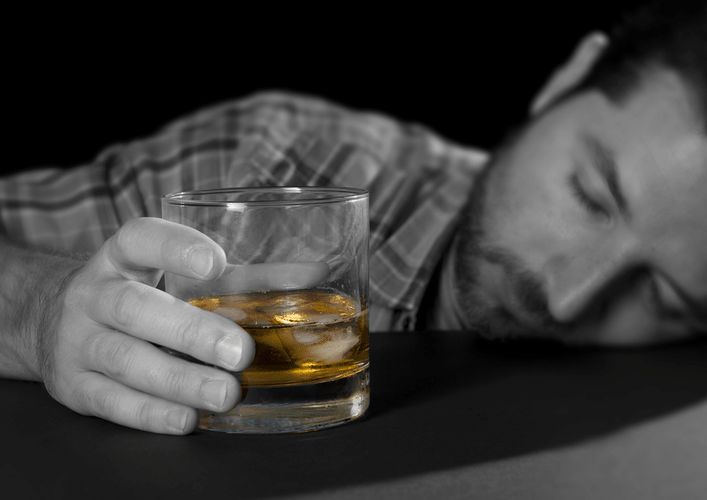Cocktail Headaches: What They Are and How to Prevent Them
Learn more about the relationship between migraine and family planning. Pregnancy can add another complicated layer to your migraine journey, but having a strong support system will make it easier to navigate the ups and downs. You can find additional support https://www.expressflorists.co.ke/2021/10/11/the-difference-between-sober-living-and-halfway-2/ from people in your position and those who have already experienced pregnancy with migraine in our Move Against Migraine Facebook group. Finding people whom you can lean on for support can help lift some of the burden of managing migraine before, during and after pregnancy.
Understanding the relationship between alcohol consumption and headaches is crucial to both general health and head pain management. Although alcohol is a common part of many social events, it can also be a frequent headache trigger for many people. As experts in the field of head pain management, we navigate through this complex connection in this article. Researchers don’t know exactly what causes alcohol-induced migraine attacks. While in some cases it is likely the presence of alcohol itself, it is also possible that specific components of different alcoholic drinks act as triggers.
- Alcohol is a popular drink consumed by many individuals, but have you ever considered the implications of not drinking alcohol?
- Some people may experience an alcohol-related migraine between 30 minutes and 3 hours after drinking.
What are the Health Risks Associated with Alcohol?
- Without a consistent cause-and-effect situation, though, a number of factors — not just alcohol — could be triggering your migraine headache.
- In cases of conflict between authors in terms of the inclusion of a particular paper, the fourth researcher (MWP) decided upon a solution to the problem following discussion.
- Alcohol stimulates the pancreas to produce toxins that can cause pancreatitis.
- These are by-products of the fermentation process, and they’re found in higher concentrations in dark liquors.
- In addition to medications, there are several alternative treatments that can be used to help reduce the severity of headaches.
Prolonged alcohol withdrawal is uncommon, but it happens more often in people who have been drinking a lot for many years. For example, if someone has been drinking about 12 drinks a day for over 10 years, their blood alcohol levels have stayed the same for a long time. In these cases, it’s not surprising to see withdrawal last longer, and symptoms like anxiety and headaches may take more time to go away.
Links to NCBI Databases
Clear liquors (gin, vodka and clear tequila) were found to be can alcohol cause headaches tolerated best. Understanding certain food components of some alcoholic beverages will help you understand your choices when it comes to selecting the best alcohol to avoid migraine. If you find yourself struggling to stop drinking or recognize that you have symptoms of alcohol use disorder, it’s important to reach out for help. June is National Migraine and Headache Awareness Month (MHAM), which is a great opportunity for communities to spread awareness about suffering from headaches and migraine. So with that goal in mind, we spoke to a number of physicians specializing in headache and migraine treatment as well as addiction medicine to find out exactly why drinking may trigger a headache.
Alcohol withdrawal is challenging to get through due to a combination of physiological and psychological factors. The severity and duration of withdrawal symptoms can vary depending on several factors, including the level of alcohol consumption, individual health, and any underlying medical conditions. Certain migraine triggers may be unavoidable, so preventive treatments – both pharmacologic and behavioral – may be used to try to prevent attacks. Despite many requests for medications to prevent alcohol-induced migraines, counseling patients regarding avoidance is my preferred treatment plan.
Best alcohol for migraine
When alcohol is a trigger for one’s usual primary headaches, the pain usually occurs within three hours of alcohol consumption. Around 30% of people who experience recurrent migraines report alcohol as a trigger, and 10% of patients cite it as a frequent or consistent trigger. To conclude, it is clear that not drinking alcohol can, in fact, cause headaches. While the exact cause of these headaches isn’t known, it is thought to be due to dehydration and withdrawal from alcohol. Therefore, if you’re experiencing headaches, it could be worth experimenting with reducing Oxford House or eliminating your alcohol consumption to see if it helps. Though it’s a common belief that drinking alcohol can cause headaches, not drinking alcohol is also a potential cause of headaches.

Monitoring alcohol intake, especially for those prone to migraines, is crucial, as even small amounts of alcohol can trigger an attack. Vodka and gin are both clear liquors that are made through the distilling process discussed above. This process removes congeners, which means that these drinks are less likely to trigger migraine attacks.
After a night on the town, it’s easy to blame a headache on too much alcohol. But if you’re prone to migraine headaches, drinking even a small amount of alcohol can bring on an attack. Our study identified vodka, which contains almost no substances other than ethanol and water, as the least frequent migraine-provoking beverage, and red wine as the most frequent provoking beverage. This implies that ethanol is not the main culprit, but other compounds in wine such as histamine, tyramine, phenylethylamine, and flavonoids, which have also been suggested by other studies.
- Tracking your own patterns may allow you to enjoy the party after all.
- Dr. Lincoln Tracy is a researcher and freelance writer from Melbourne, Australia.
- Let’s delve into the world of migraine research and explore how alcohol might be a contributing factor.
- This surge in adrenaline causes palpitations and an increased heart rate, as your body tries to adapt to the absence of alcohol.
- While there is no sure way to prevent alcohol-induced headaches, some strategies, such as hydration, rest, and nutrition, can help alleviate the pain.
It has been proved that self-reported alcohol consumption by patients can be underestimated; therefore, more reliable methods such as toxicological hair analysis may help to provide stronger evidence 91. Of the studies included in our analysis, 19 were based only on questionnaires while five included interviews with patients. However, these limitations are to some extent discounted by the number of studies included and the cultural diversity of participants. If you notice consistent patterns, then chances are it’s the alcohol that’s causing your migraine headache. You may try avoiding those drinks in the future to prevent migraine attacks.
What Are The Types Of Alcohol Induced Headache?

This was an observational prospective cohort study among individuals with migraine who registered to use a digital health platform for headache. Eligible individuals were aged ≥18 years with EM who consumed alcohol and had tracked their headache symptoms and alcohol intake for ≥90 days. Alcohol consumption is a common part of social gatherings and celebrations for many people. While moderate drinking may not cause any significant health issues for most individuals, some may experience unpleasant side effects such as headaches or migraines after consuming alcohol. Among the modifiable trigger factors for headache, alcohol is one that patients commonly minimize or avoid.
If your headaches are only caused by post-acute withdrawal syndrome and not by other health problems, they should go away in about 6 months. However, if you had severe alcoholism, it might take a year or more for them to go away. There isn’t a clear answer because it depends on how well your body is healing and if you’ve been able to stop drinking completely. In the initial phase of alcohol withdrawal, headaches and other symptoms typically intensify, peaking around day three. While uncomfortable, acute withdrawal symptoms generally subside gradually over the first few weeks of sobriety. Alcohol acts as a depressant, primarily by influencing brain chemicals like gamma-aminobutyric acid (GABA) and glutamate.
Avoiding personally known triggers can be a useful way to reduce the number of potential attacks. Alcohol is a common trigger for migraine attacks, but some types may be less likely to cause problems than others. Let’s explore the best and worst types of alcohol for people with migraine. Oftentimes individuals with migraine give up trying to identify which of the multiple potential triggers reported in population‐level analyses may apply to them. They may then decide to avoid those which they cannot confirm as a trigger or those for which they cannot develop some coping strategy.

